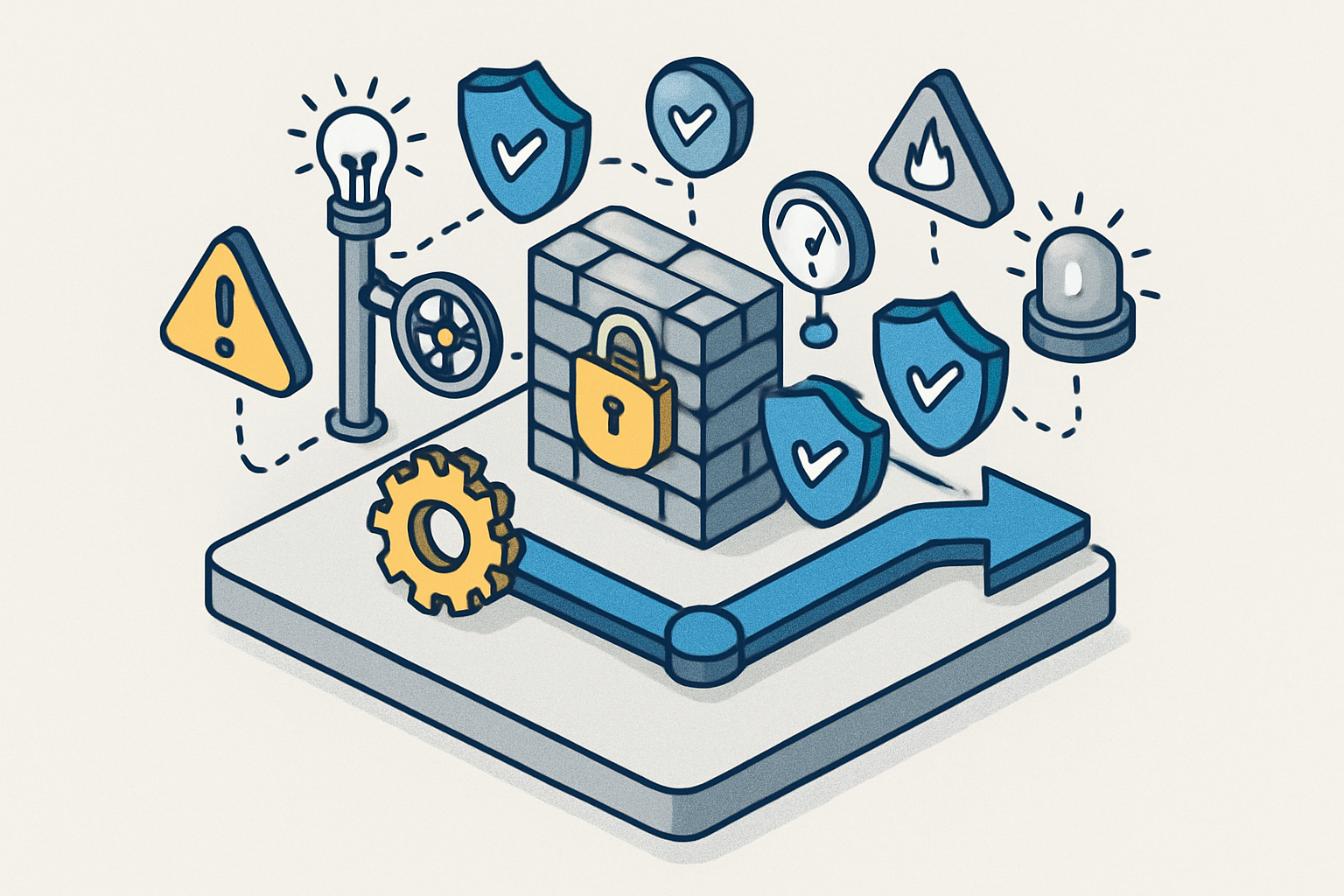‘Resilience Does Not Mean Standing Still’ – American Family Insurance’s Investments COO

Vince Pasqualicchio, a Founding Advisor for AssetOps, discusses layering innovation on top of strong data governance
By Corinium Global Intelligence
Vince Pasqualicchio is Chief Operations Officer of Investments at American Family Insurance, where he manages Investment Operations, which includes technology, data management, middle office, risk management, performance, and compliance. His leadership ensures that the investment organization has the right systems, processes, and capabilities in place to thrive in a complex, data-driven environment.
He also brings decades of experience in financial services and technology leadership. Prior to joining AmFam Investments, he held senior roles at MetLife as Vice President of Global Operations and Information Technology and later served as a Senior Consultant at Cutter Associates. This background gives him a unique perspective on how to align technology, operations, and business strategy.
Today, his focus is on advancing interoperability, streamlining processes, and empowering teams to adopt and maximize the value of innovative technologies. He recently spoke with Corinium about the importance of AssetOps, his approach to empowering teams, and why operational excellence is central to the future of investment management.
Where do you see the most practical applications of AI in asset management today?
For us it's in making operations more efficient, streamlining research, automating reporting and strengthening risk and compliance monitoring. We're using these technologies to cut down on manual work and generate faster insights, so we can anticipate risks and opportunities earlier and respond with greater confidence. From a resilience standpoint, we are making sure that we have the right governance around it and clean and consistent data.
How has cloud infrastructure and interoperability changed the way you make decisions?
One of our key strategic goals is around leveraging the cloud, along with things like emerging technologies and AI. Cloud infrastructure has helped us modernize investments into a more integrated, real-time environment, giving decision makers faster and more reliable information.
Interoperability reduces manual reconciliations and creates a foundation for scalable analytics. But the challenge goes beyond technology – it’s also about governance, data quality, and the need to adapt legacy processes. Governance, in particular, isn’t just about ensuring data quality or integrity; it also requires a focus on security, reliability, and trust. We continually ask how much we can depend on the information, and what controls and checks are necessary to verify that the outputs we produce are accurate.
How are you preparing for regulatory changes like the SEC’s plans regarding data transparency and other issues?
The regulatory focus is now on resilience. Whether it's the Digital Operational Resilience Act in Europe or the SEC proposal here in the US, it’s really reshaping how we think about operations. For us, it starts with the basics: making sure our data is clean and consistent, that systems are interoperable, and that we have the capability to respond quickly to disruption.
At the same time, resilience does not mean standing still. We see it as the platform for innovation. By having a foundation around strong controls and redundancy, we create the opportunity to experiment with new tools like AI, while still managing operational risk. The way we prepare is by strengthening the core so we can withstand disruption, and then layering innovation on top. It’s not resilience versus innovation; it's resilience enabling innovation.
How are you empowering your teams to embrace new technology?
I think upscaling and digital fluency go hand in hand. It's about giving people practical training and hands-on experience to build new capabilities. On the digital fluency side, it's about cultivating the confidence to use those tools, understand what's possible, and apply technology to real business challenges. To get there, you need a culture of constant and never-ending improvement and innovation.
That means encouraging curiosity, pushing people to explore new ways of working, and equipping them with the skills to experiment and learn. When teams feel empowered to stretch beyond what they know today, they don't just adopt new technologies, they help reimagine what’s possible.
Why have you decided to come on board as a Founding Advisor for AssetOps?
AssetOps is offering something vital; it will give buy-side operation professionals a forum to share experiences and best practices around the challenges we all face, whether that's data quality, regulatory demands, technology or scaling new products.
That exchange allows us to learn from each other, compare approaches and spark new ideas that make our organizations stronger. It will also help elevate operations by bringing senior professionals together to shape priorities and share insights.
This in turn will help us to identify the skills and capabilities teams need as technology, regulation, and client expectations continue to evolve. In other words, it will prepare us for the future.
Follow AssetOps on LinkedIn for updates on events and exclusive content.



